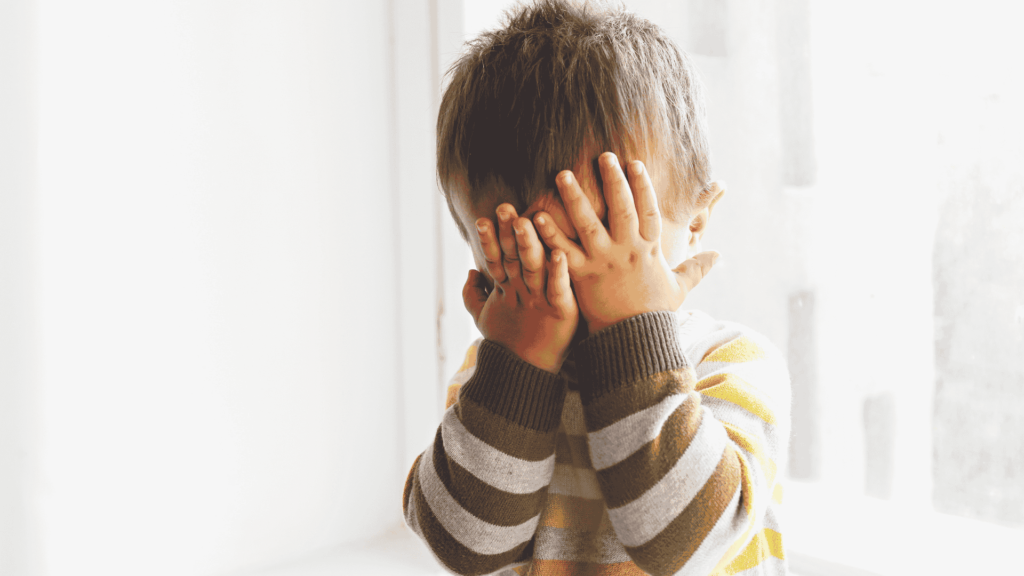Responding to aggressive behaviour in children can be very stressful and upsetting for parents. It’s often assumed that it’s a behavioural or disciplinary issue or that children must have witnessed violent or aggressive behaviour.
In reality, there are many other possible reasons why a child might display aggressive behaviours. There may be developmental risk factors, the child may have experienced significant change or a traumatic event, or they may be struggling with family, peer or educational pressures. Regardless of the initial cause, aggressive behaviour is an indicator that a) a child feels frustrated, anxious, fearful or unsafe b) they are lacking the tools to express their feelings in a safe and helpful way.
In addition, we’re always taught that anger is a ‘negative’ emotion, and as such the experience of anger, a universal and evolutionary emotion, results in shame, guilt, and further anxiety, exacerbating feelings of helplessness and defensive aggression.
By promoting emotional literacy and providing a supportive and consistent environment, it’s possible to help your child learn to understand and manage angry feelings.
How to respond
- Firstly, stay calm. It’s important to model healthy communication and expression of emotion, demonstrating helpful regulation strategies. Take time out when needed and acknowledge/repair when you have behaved in an unhelpful way.
- Connection before correction. Focus on nurturing positive and trusting relationships. Listen and be curious. It’s natural to want to give feedback and tell your child that their behaviour is unacceptable, but set the scene for openness, acceptance and unconditional love first. It’s important to validate their feelings.
- Have conversations around anger. Share your own experiences as they happen. Help your child to learn that feeling angry is not ‘bad’ – it’s part of being human – and that there are healthy ways to work through the anger.
- Help your child to identify their own triggers and recognise the signs that angry feelings are escalating. Then teach your child alternative ways to express anger that are safe/ do not hurt others. Introduce non-verbal methods to share emotions such as a feelings thermometer. When you see that your child is struggling, remind them how to use their words to express feelings. Praise your child when they use words or one of their strategies.
- Be consistent in your feedback – make sure your child understands the clear, firm limits around acceptable behaviour. Always follow through on what happens if your child pushes limits – remember consequences should be related to the inappropriate behaviour and repairing harm.
If you would like support with responding to aggressive behaviour in children, please contact us at MindNLife Psychology Practice here.







